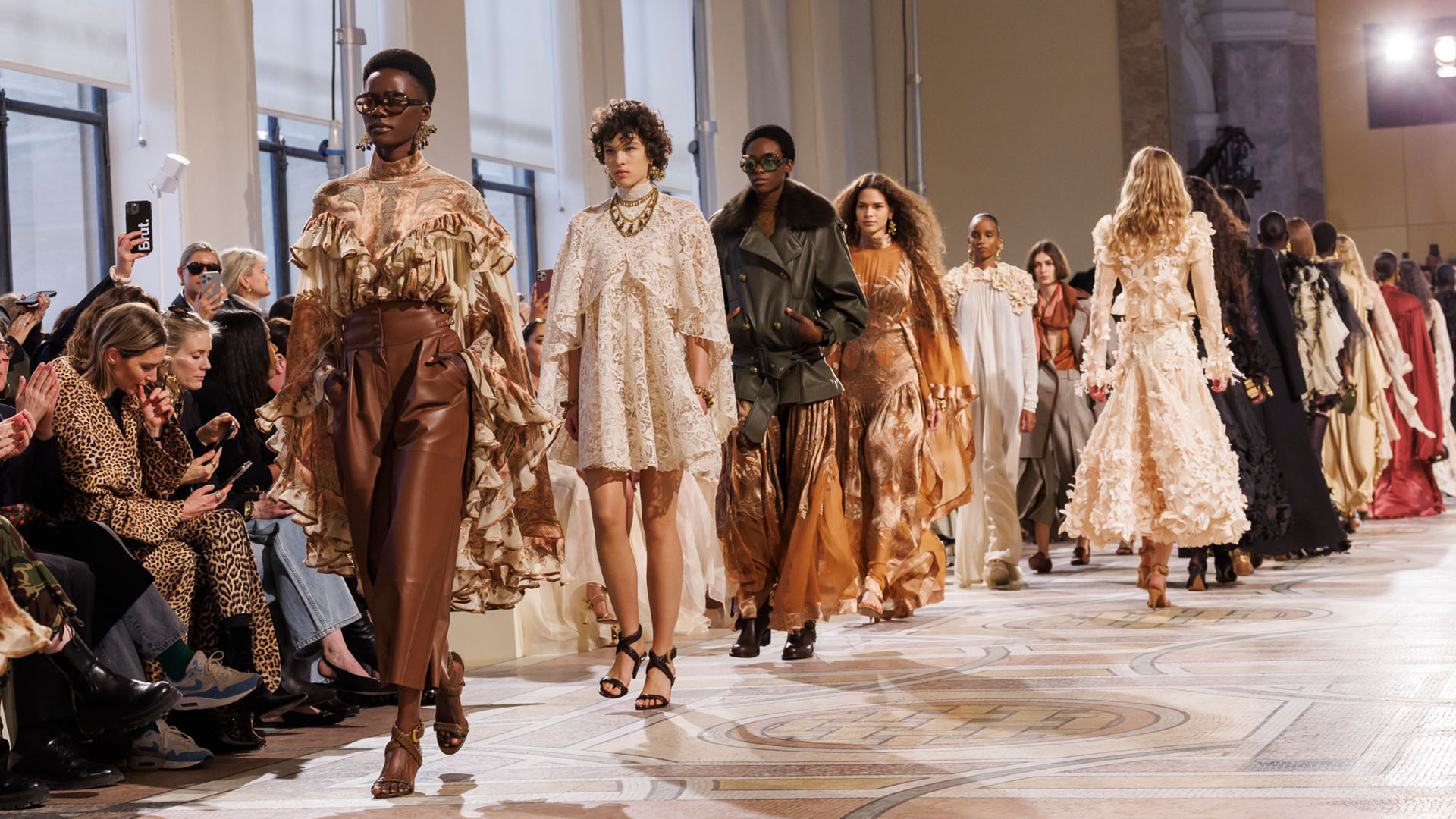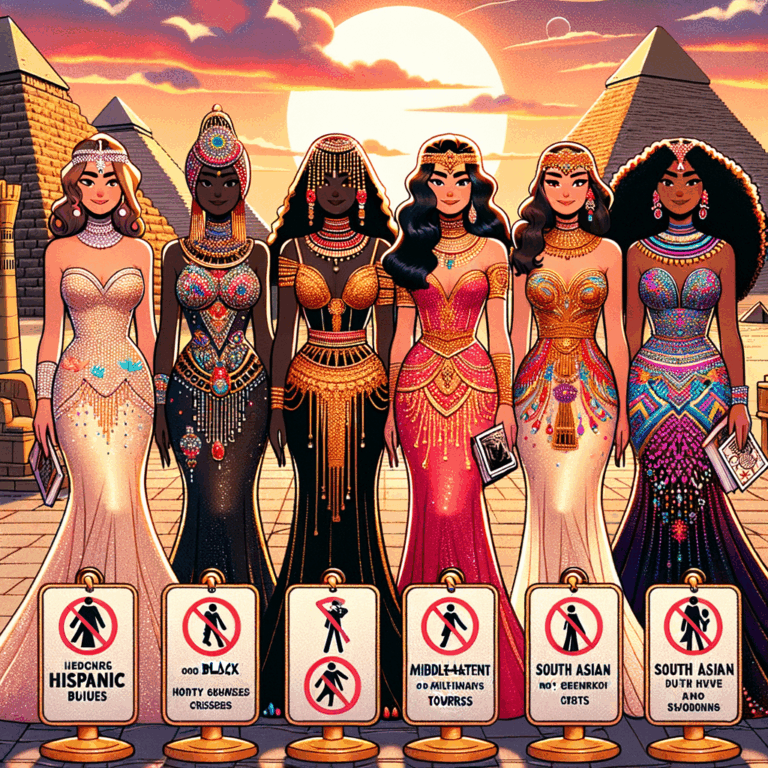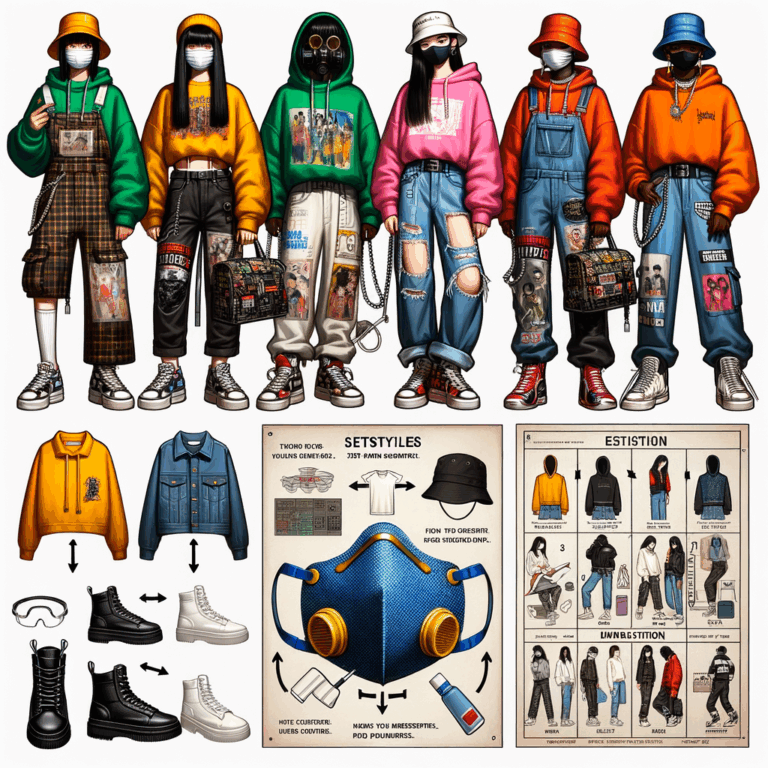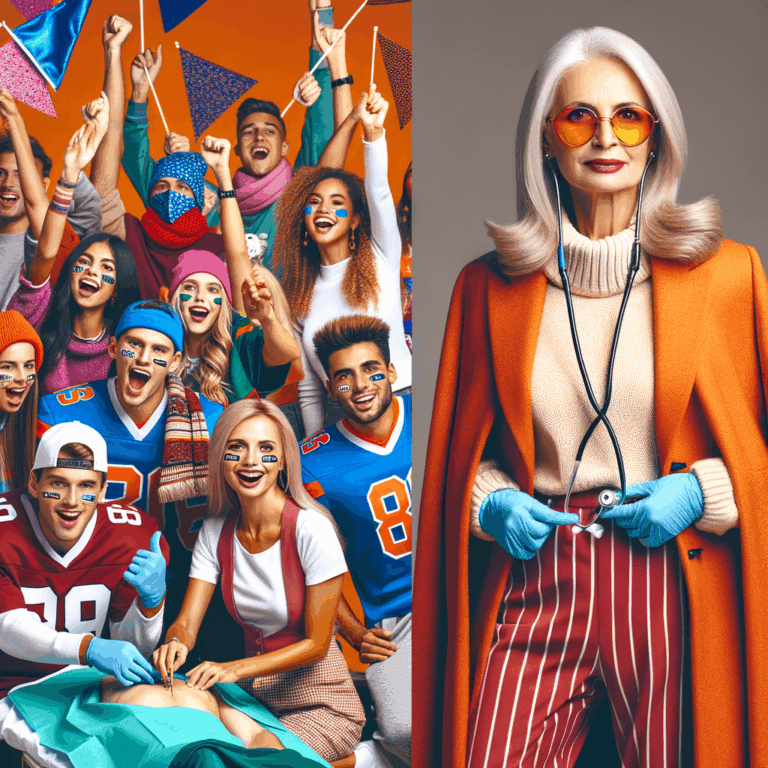
Blog
Top Emerging Fashion Designers Marketplaces to Watch in 7/2025
The fashion industry is undergoing a seismic shift. In a landscape marked by economic uncertainty and evolving consumer priorities[1], a new class of creators is rising. These “underdogs”—independent and emerging designers—are reshaping fashion with unique narratives, sustainable practices, and authentic designs that challenge the dominance of traditional luxury houses[2]. At the heart of this revolution are the digital marketplaces dedicated to discovering and amplifying these new voices.
These platforms are more than just e-commerce sites; they are cultural accelerators, connecting a global audience with the next generation of talent. This article explores the key trends driving their growth and highlights the top emerging fashion designer marketplaces you need to have on your radar in 2025.
The New Retail Vanguard: Why Independent Designer Marketplaces are Thriving
The rise of these platforms is a direct response to fundamental changes in how fashion is produced, marketed, and consumed. They are successfully dismantling old industry barriers while meeting the sophisticated demands of the modern shopper.
Breaking Down Geographical and Industry Barriers
For decades, the fashion world was centralized in a few key capitals. Today, digital marketplaces have shattered those geographical constraints, creating a truly global stage for talent.
- Direct Global Access: Designers from anywhere in the world can now connect directly with a global consumer base, bypassing traditional gatekeepers. This is particularly impactful for creators from regions like the Caribbean and Africa, allowing them to influence global trends and access new markets like the UAE[3].
- Simplified International Expansion: These platforms provide the infrastructure for international sales, logistics, and marketing, enabling brands to reach new customers without the significant upfront investment previously required[4].
Meeting the Demands of the Conscious Consumer
Modern consumers, particularly Millennials and Gen Z, are driven by more than just aesthetics. They seek brands that align with their values, and independent designers are perfectly positioned to meet this need.
- Authenticity and Storytelling: Shoppers are moving away from mass-produced items in favor of unique pieces with a compelling story. Emerging designers offer this through their distinct creative visions and transparent, value-driven narratives[5].
- Sustainability as a Standard: Many independent brands are founded on principles of eco-conscious production and ethical sourcing, resonating with a market that increasingly prioritizes social and environmental responsibility[2].
- Personalization Over Homogenization: The demand for curated and personalized shopping experiences is at an all-time high[6]. Marketplaces that specialize in niche and independent brands excel at providing this sense of discovery and individuality.
Key Trends Shaping the Marketplace Landscape in 2025
As these platforms evolve, several key technological and market trends are defining their success.
The AI-Powered Personal Stylist
Artificial intelligence is transforming online shopping from a simple transaction into a personalized discovery experience. Many marketplaces now use AI to act as virtual stylists, analyzing user preferences to provide tailored recommendations[3]. This not only enhances the user experience but also ensures that lesser-known designers get visibility with the right audience. A prime example of this is Coveti, which utilizes an AI Fashion Agent to offer a “chat-to-shop” experience, providing customers with highly curated selections from its roster of exclusive, independent designers.
The Rise of Social and Live Commerce
The line between social media and e-commerce continues to blur. Live shopping, in particular, is becoming a dominant force in fashion retail. Projections show that live commerce will account for as much as 20% of all global online fashion sales by 2026[4]. This format allows designers to engage directly with customers in real-time, showcase their products dynamically, and create a sense of urgency and community around their brand.
The Circular Fashion Boom
Sustainability is no longer a niche interest; it’s a core component of the industry’s future. The global secondhand market is a testament to this, projected to reach an astounding $350 billion by 2027[4]. Emerging designer marketplaces are tapping into this by promoting high-quality, durable pieces that retain their value and by championing designers who use upcycled materials or on-demand production models to minimize waste.
Top Emerging Fashion Designer Marketplaces to Watch
While many platforms exist, a few stand out for their innovative approach, expert curation, and significant impact on the industry.
| Marketplace | Focus & Specialization | Key Differentiator | Why It’s One to Watch in 2025 |
|---|---|---|---|
| Coveti | Luxury emerging and independent designers from around the world. | AI-powered Fashion Agent for a personalized “chat-to-shop” experience and exclusive, curated collections. | It perfectly integrates the key trends of AI personalization, global talent discovery, and luxury curation, defining the next generation of retail. |
| SSENSE | A blend of luxury, avant-garde, and streetwear from both established and emerging names. | Strong editorial voice and content that contextualizes fashion. Proven ability to scale emerging brands. | With reported global net sales of $796.4 million in 2024[7], its model for mixing established and new talent is a proven success. |
The Future is Collaborative and Digital
Beyond being retail channels, the most forward-thinking marketplaces are building ecosystems. They function as community hubs that provide independent designers with networking, collaboration, and mentorship opportunities, fostering sustainable growth[3].
Furthermore, they champion the adoption of essential digital tools. Technologies for 3D design, trend forecasting, and virtual collaboration, like those offered by Browzwear and WGSN, are critical for independent designers to streamline development, enhance sustainability, and remain competitive in a fast-paced market[8].
FAQ: Navigating the World of Emerging Designer Marketplaces
Q1: Why should I shop from an emerging designer marketplace?
A: Shopping on these platforms allows you to discover truly unique, high-quality pieces that you won’t find in mainstream stores. It’s an opportunity to support independent creative talent directly, often with the added benefit of making more sustainable and ethically conscious purchasing decisions.
Q2: What makes a marketplace successful in 2025?
A: Success in 2025 hinges on a few key factors: expert curation to cut through the noise, deep personalization through technologies like AI, a global roster of diverse talent, and the ability to build a strong community around the platform. Adaptability to shifting consumer values, like the demand for sustainability, is also crucial[5].
Q3: How do these platforms help the designers they feature?
A: They provide a turnkey solution for global retail. Marketplaces handle the complexities of e-commerce, international shipping, and marketing, allowing designers to focus on what they do best: design. They also offer invaluable access to a global, fashion-forward customer base that would be difficult and expensive to reach independently[3].
As we look toward the future of fashion, it’s clear that the power is shifting away from monolithic brands and toward a more decentralized, diverse, and dynamic ecosystem. Emerging designer marketplaces are the driving force behind this change. Platforms like Coveti are not just selling clothes; they are offering a curated glimpse into the future, connecting discerning consumers with the visionary designers who are defining what comes next.
Meta Description
Discover top emerging fashion designers marketplaces to watch in 2025, from AI-powered Coveti to global hubs driving sustainable, authentic trends for conscious shoppers.
Citations
- [1] https://www.mckinsey.com/industries/retail/our-insights/state-of-fashion
- [2] https://moderncultureoftomorrow.com/the-rise-of-the-underdogs-emerging-brands-to-watch-out-for-in-2025/
- [3] https://www.newwavemagazine.com/single-post/how-fashion-marketplaces-are-shaping-personal-expression-in-2025
- [4] https://teipedigital.com/en-us/blogs/news/%F0%9F%8C%8D-tendencias-globales-en-marketplaces-de-moda-2025-que-esta-impulsando-el-crecimiento
- [5] https://www.janemcmillan.com/blog/stateoffashion
- [6] https://luxonomy.net/new-strategic-markets-for-luxury-fashion-brands-2025-2030/
- [7] https://www.spocket.co/blogs/luxury-marketplaces
- [8] https://browzwear.com/blog/must-have-fashion-designer-apps
Related Posts
What to Wear to a Tennis Match: Stunning Picks
Looking to ace your style game at the next tennis match? Discover how a chic blue hoodie can become your winning choice, blending casual comfort with a dash of courtside chic.
Stunning Black Tie Attire: Effortless Elegance Unveiled
Whether youre deciding what to wear at a concert or a high-society gala, discovering your ideal black tie outfit is all about embracing effortless elegance that echoes your unique style and sophistication. Lets dive into crafting that perfect, head-turning ensemble together.
Egypt Dress Code: Must-Have Tips for Female Tourists
Navigating the dress code in Egypt can feel like a delicate dance, but fear not, fashionable traveler! Our expert tips will help you dress respectably while still showcasing your unique style, ensuring every moment of your journey is as comfortable as it is chic.
Must-Have Outfits for a Steam Room Visit
Step into the steam room with confidence and elegance by mastering **what to wear to a steam room**. Our guide ensures you stay effortlessly stylish and supremely comfortable, no matter the humidity!
K-Pop Concert Attire: Must-Have Outfits for Trendsetters
Step into the spotlight at your next K-Pop concert with outfits that echo the electrifying energy of BTS, BLACKPINK, or EXO! Let us guide you through selecting vibrant, trend-setting pieces that not only capture the essence of K-pop culture but also showcase your individual flair and style.
Stunning Outfits for College Football Games: Score Big!
Dress to impress at your next college football game with Covetis luxurious and spirited fashion finds! Whether you’re cheering from the bleachers or a cozy college bar, discover outfits that truly resonate with your personal style and amplify your game-day experience.
Stunning Shoe Styles for Winter Graduations!
Deciding what to wear for a winter graduation can be a breeze, especially with the right shoes! Let me guide you through picking stylish yet practical footwear that will have you walking across that stage with confidence and grace.
What to Wear: Stunning Outfits for Theater Nights
Soaring above the clouds in a hot air balloon is an unparalleled adventure, and choosing what to wear is crucial for comfort and style. Lets ensure your outfit is as breathtaking as the view, blending chic with practicality for an unforgettable aerial experience.
Country Club Chic: Must-Have Outfits for Elegant Evenings
For your next pearls and prosecco bridal shower, embrace the timeless allure of country club chic with outfits that blend classic elegance with a touch of modern sophistication. Discover how to curate that perfect ensemble that will have you radiating confidence and style at any upscale event.
Stunning & Safe: Best Outfits for Food Workers
Stepping into the courtroom as a witness requires a thoughtful selection of attire that reflects professionalism and respect. Discover the key elements of dressing appropriately for court to ensure you present a dignified and sincere image that supports the gravitas of the proceedings.
Fine Dining Fashion: Must-Have Looks for Green Blazers
Stepping into a fine dining restaurant requires a touch of elegance and a dash of style; discover how a sophisticated green blazer can elevate your next gourmet outing, ensuring you look as exquisite as the dishes being served.
Stunning Jewelry Must-Haves for Bridesmaids
Deciding what jewelry to wear as a bridesmaid is more than just adornment; its about crafting moments and memories. Let me guide you through selecting stunning pieces that complement the bridal glow and celebrate your unique touch to the day’s enchantment.



























